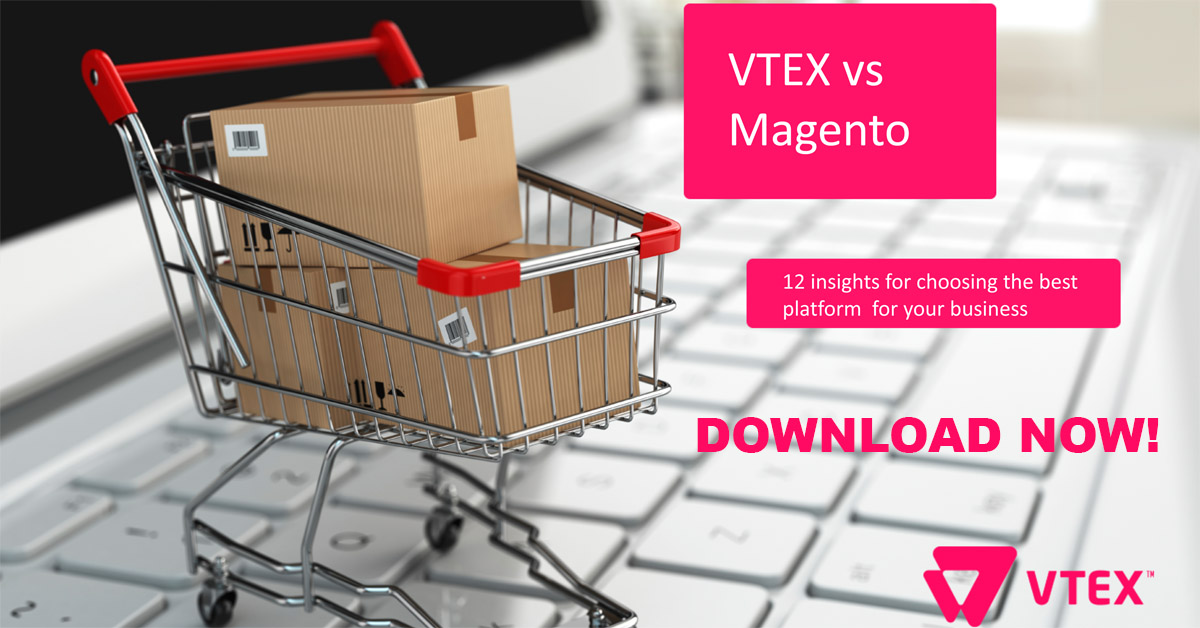
Current Data-Challenge for Retailers
Due to the boom in data breaches and the latest issue of Facebook’s privacy crisis with Cambridge Analytica, privacy-data is weighing heavily on the minds of internet users worldwide. The European Union has already taken a step forward with the GDPR data privacy law, passed by the European Parliament in 2016.
In e-commerce, the use of blockchain technology can decentralize the entire consumer database. Instead of a company knowing the particular preferences of a client’s footwear, that information will exist in the blockchain and the consumer will remain the owner of that encrypted information.
Problems in searching for consistent data
Currently, when a customer arrives at an online store, if they have not created an account, it is very difficult to know who they are, what their preferences are. Even with a full-on store registration, the information collected can be incomplete. For example, in the instance of a mom making a purchase using the profile of one of her children; this can generate great inconsistencies in the data.
This type of data collection leads to the retailer needing advanced behavioral marketing and using large data sets that are assumptions about behavior. Additionally, many stores buy data from third parties that, many times, may be obsolete and not reliable. Due to these unreliable practices, we are seeing more countries adopting laws to halt these practices.
According to Digital Trends, 88% of a study comprised of 2,000 US and UK buyers think that stores should be flexible enough to control how their personal information is being used to personalize their shopping experience.
Blockchain: more security for customers and more information for retailers
By leveraging Blockchain Technology, on platforms such as Ethereum, the options presented by DApps (Decentralized Applications) allow for safely managed personal data, including purchase data, payment preferences, and some personal identification. This allows for an Amazon-like shopping experience, but in all the online stores we visit, equally.
The Blockchain Technology has the potential to place the user in control of all their online shopping records from all of the different retailers they shop with. This enables stores to use that information to provide a better and more customized online experience for their users. There is no better source for understanding the user’s interests and desires than the user themselves.
Additional benefits for retailers include having full access to users’ purchase profiles, which can benefit by increasing conversion rates, and therefore decreasing the rate of return of products.
Some benefits for the buyers include offering highly targeted product recommendations, and the ability to own and control the data and purchase history in a safe and decentralized way. According to the Demand Institute, in 2015 there were 1.4 billion active buyers globally, indicating clearly that this is an important market to consider.
Online Payments
It has become obvious that wire transfers and credit cards are susceptible to fraud and identity theft. North America was the continent most affected by data breaches in 2014, accounting for 1,164, or 76 percent of breaches in the world, according to Gemalto (via Nasdaq).
According to the same source, eBay had 145 million records accessed. This is undoubtedly a problem that affects e-commerce, globally speaking.
Using payment methods such as PayPal within your online stores is convenient but can mean an increase in the cost of the product. What clearly highlights this disadvantage is how eBay recently disassociated itself from one of its strongest partners, PayPal.
Cryptocurrencies have the technological ability to potentially remove the problem, while providing a solution for the need to have third parties, such as PayPal for payment processing. Bitcoin, for example, has proven to be able to allow us to trade and interact directly with other users globally without the need for intermediaries. However, it is currently in an early-stage, and not yet prepared for mass adoption.
Faster, Cheaper & More Transparent Transactions
Consolidated platforms such as Ethereum allow the existence of so-called “smart contracts” that are essentially computer programs with instructions that are executed when an agreement is reached, allowing for near instantaneous results and very low cost. This has the ability to significantly reduce the cost and complexity of any transaction within the e-commerce daily operations.
Since the blockchain keeps all records previously made, no matter where the product is shipped or how many times it was purchased, payments executed through this technology can be considered safer for both the consumer and the retailer.
Disrupting Supply Chain
Within the e-commerce supply chain, many parties are involved and hence negotiating on commissions, shipping fees, in addition to order processing, shipment tracking, delivery confirmation, and other charges can make the transaction process needlessly complicated and may take weeks or even months to complete.
Providing transparency through blockchain technology will enable customers to trace products to their source. It is very convenient for the supply chain, and even more so with our globalized world, to leverage in Blockchain.
Recently, the Asian giant Alibaba adopted blockchain technology for its e-commerce platform T-Mall, for its cross-border supply chain by means of a partnership with the logistics company Cainiao, according to coindesk. What this has enabled is incredible: users are able to track the blockchain-based logistics information for approximately 30,000 products, from 50 countries, through a mobile e-commerce app.
As blockchains are incorruptible, here are some benefits we could potentially map out when involving blockchain and supply chain:
- Track country of origin while offsetting counterfeit
- Reduce administrative costs and paperwork
- Corporate reputations have the opportunity to strengthen through the transparency of making it known what materials are used in production
Notice how Blockchain technology can benefit a number of processes that benefit both retailers and customers.
For buyers, there is the possibility to buy more securely, to track the delivery of your orders with more transparency and still have more control over the data that is shared with the stores.
Sellers, on the other hand, have access to more consistent data, which helps them to offer a more personalized shopping experience. In addition, blockchain reduces the risk of payment and supply chain fraud by reducing chargebacks and churns and increasing store profit.














